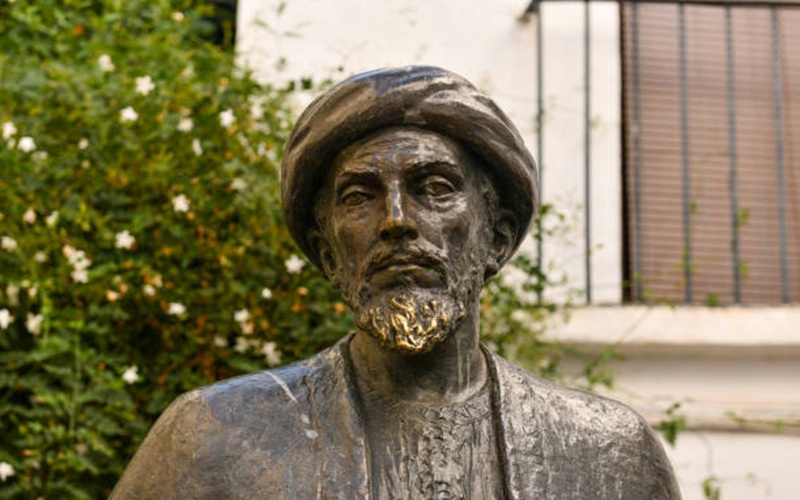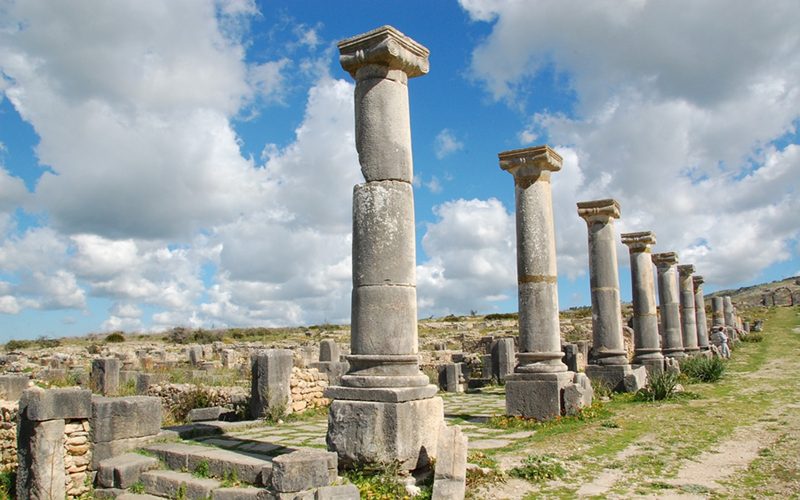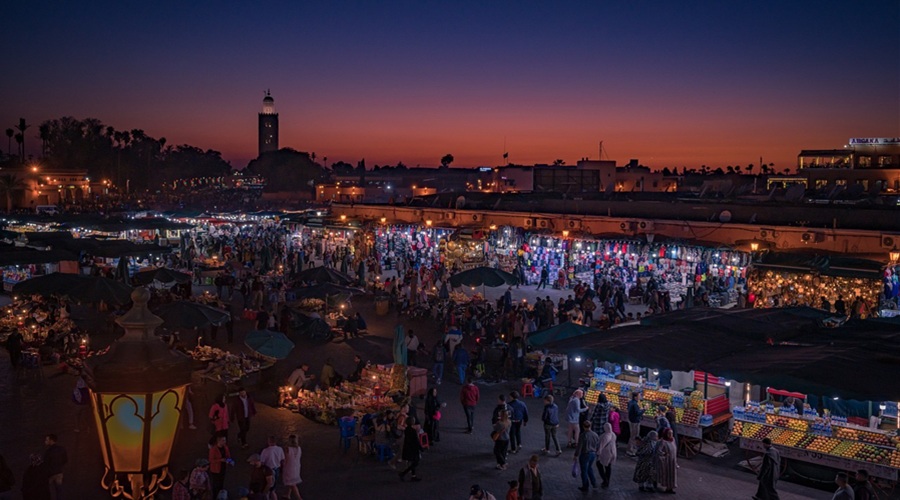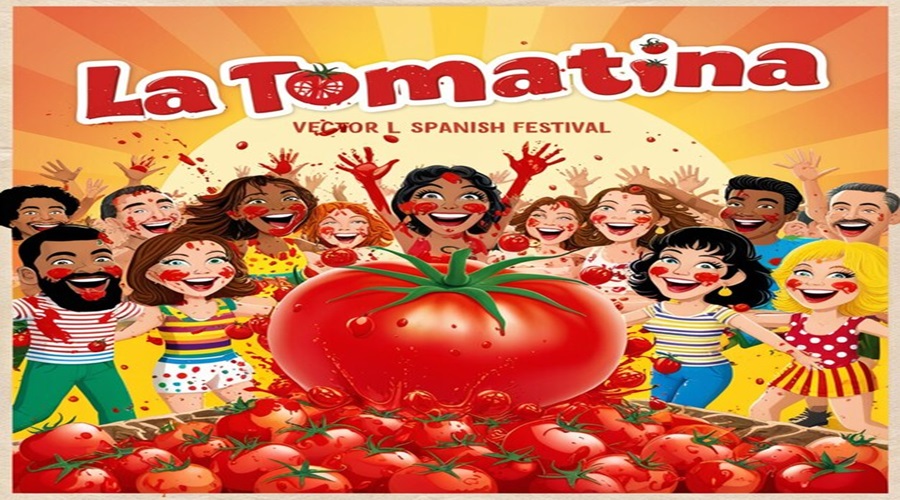Introduction
The 2022 FIFA World Cup in Qatar was a historic event, breaking new ground in many ways. It was the first World Cup held in the Middle East, showcasing Qatar’s cultural heritage and advanced infrastructure. The tournament also stood out for its compact organization, with all stadiums within a short distance of each other, making it logistically unique. The 2022 FIFA World Cup was a landmark event, not only for the tournament’s innovative organization but also for the remarkable performances of underdog teams. Among these, the Morocco national football team captivated the world with their outstanding journey, culminating in a historic fourth-place finish. This paper analyzes Morocco’s path through the tournament, examining key matches, player contributions, tactics, and the broader implications of their success for African football.
Background
Historical Context
Football in Morocco boasts a rich history, with the national team, known as the Atlas Lions, established in 1956. Morocco has participated in five World Cups prior to 2022, with their best result being a round-of-16 exit in 1986. The team’s resurgence in recent years has been marked by a mix of experienced players and emerging young talent, reflecting a growing investment in football infrastructure and development. Morocco’s qualification for the 2022 World Cup was a testament to their strength in African football. They topped Group I in the CAF qualifiers, showcasing a cohesive team dynamic under the guidance of their coach, Walid Regragui. With a blend of tactical discipline and physical prowess, Morocco emerged as one of Africa’s powerhouses.
Breaking Barriers
Historically, African nations have struggled to make significant strides in the World Cup, with only a few teams reaching the quarter-finals. Morocco, however, was on a mission to change that narrative. Under the guidance of their head coach, Walid Regragui, the Atlas Lions showcased a blend of passion, skill, and tactical discipline that resonated not only with their national fervor but also with the global audience.
From the outset, Morocco’s road to the semifinals was fraught with challenges. Grouped with highly competitive teams—Croatia, Belgium, and Canada—the initial matches served as the team’s proving ground. The opening game against Croatia ended in a hard-fought 0-0 draw, but it was the triumph over Belgium, the second-ranked team at the time, that marked Morocco’s ascent. A stunning 2-0 victory sent shockwaves through the football community, as the world began to take notice of the Atlas Lions.
Historic Run
Morocco’s success didn’t stop there. They went on to defeat Canada in their final group stage match, finishing on top of their group—an unprecedented achievement for an African team. With the knockout stages beckoning, morale was high, and the support from fans—both local and expats—was overwhelming. Millions joined in chanting “Morocco, Morocco!” as the team prepared to face Spain in the Round of 16.
In a dramatic showdown against the 2010 World Cup winners, Morocco held the Spaniards to a 0-0 draw before triumphing 3-0 in the penalty shootout. This victory was historic; not only had Morocco reached the quarter-finals, but they had also outplayed a footballing giant in one of the most high-pressure situations imaginable.
The dream continued against Portugal in the quarter-finals, where Morocco once again proved they were not just participants but serious contenders. Youssef En-Nesyri scored a sensational header, securing a landmark 1-0 victory. As the final whistle blew, the world witnessed history being written—the first African team to reach the semi-finals.
The Semifinal Stage
Facing the defending champions, France, in the semi-finals, excitement ran high. The Moroccan players embraced the challenge, with the nation behind them. Although they fell short in a 2-0 defeat, their performance solidified their status as a footballing force to be reckoned with. The defensive solidity and the spirit displayed throughout the tournament won them respect and admiration worldwide.
Competing for Third Place: A Proud Finale
The battle for third place against Croatia was a heart-wrenching affair for both teams. Morocco fought valiantly, showcasing their tactical discipline and fighting spirit yet again. Despite a 1-0 defeat, they emerged with heads held high, proud of their incredible journey. Fourth place was more than just a statistical ranking; it was a beacon of hope for African football, shining brightly on the path for future generations.
Legacy and Impact
Morocco’s performance at the World Cup transcended the realm of sports; it united a diverse nation and inspired countless fans. The team’s dedication, resilience, and exceptional teamwork were testaments to their hard work and preparation. This journey not only placed Morocco on the global football map but also ignited passion and hope among aspiring footballers across Africa.
In conclusion, the Morocco national football team’s remarkable journey to fourth place in the Qatar World Cup 2022 is one for the ages. Their story is a testament to the power of teamwork, national pride, and the beautiful game itself. As we look forward to future tournaments, the Atlas Lions have undoubtedly set a new standard—one that will inspire future African teams to dream big and aim high. The echoes of their historic journey will resonate in football folklore for years to come, reminding us all that every path to greatness is paved with perseverance and heart.
Socio-Cultural Impact
Morocco’s performance in the World Cup transcended football, uniting the nation and instilling a sense of pride among Moroccans and Africans alike. The team’s success at the 2022 World Cup has inspired a new generation of footballers within Morocco and across the continent. The achievement of reaching the semi-finals has ignited discussions about investing in youth programs and enhancing the quality of African football on the global stage. Morocco’s journey also highlighted the potential of African teams in international tournaments. With growing investments in infrastructure and player development, Morocco’s achievement serves as a catalyst for other African nations to enhance their competitiveness on the world stage.
Conclusion
The FIFA World Cup is a stage where dreams are born, legends are made, and nations come together to showcase their football prowess. The 2022 World Cup, held in Qatar, will be remembered not just for its thrilling matches, but for the remarkable journey of the Morocco national football team, which captured the hearts of fans worldwide by clinching fourth place—an achievement that marked a historic milestone in African football.
The Morocco football team’s remarkable journey to the fourth place in the Qatar World Cup 2022 stands as a monumental achievement in the realm of football. Their successful campaign not only showcased their tactical prowess and resilience but also inspired millions. Morocco’s performance has set a benchmark for African football, opening pathways for greater success in future international tournaments. As they look ahead, the Atlas Lions embody the hope and ambition of a continent eager to make its mark on the global football stage.
References
- FIFA (2022). Official website.
- African Football Confederation (CAF) (2022). Official reports.
- Various sports media outlets and analysts covering the 2022 World Cup.
- Historical data from previous World Cup tournaments and Morocco’s football trajectory.












Average Rating